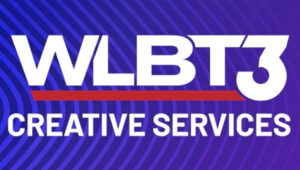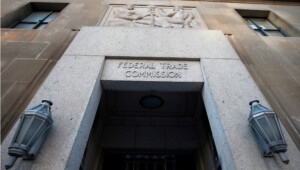
The Korean American believes a Black tycoon was favored because of government’s diversity goals.
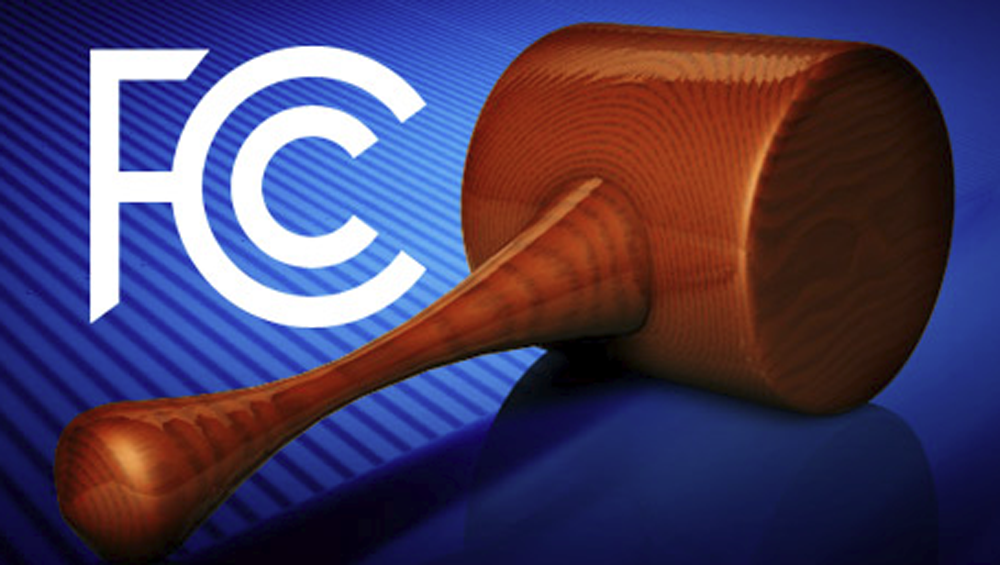
Major internet providers once again will have to abide by a set of robust rules of the road, prohibiting them from blocking or throttling traffic, as the FCC today reinstated net neutrality regulations. The commission voted 3-2 along party lines to adopt the rules, which broadly prohibit Comcast, AT&T, Verizon and other providers from favoring some types of internet traffic over others. The latest net neutrality rules resemble those adopted in 2015, when the FCC voted to reclassify internet service like a common carrier, or the same regulatory designation given to phone service.
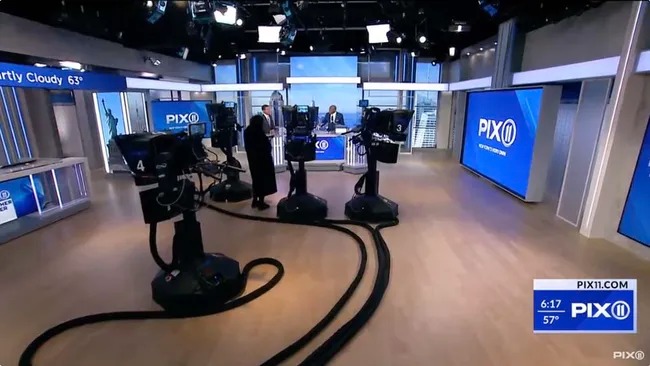
Nexstar Media Group is asking the Federal Communications Commission to cancel its order that WPIX New York be divested by Mission Broadcasting, claiming that the agreements under which Nexstar runs the station for Mission are legal and approved by the commission. Nexstar also wants a $1.2 million fine levied against it by the FCC canceled. Mission was also fined $612,395 as part of the commission’s Notice of Apparent Liability. “Through the NAL, the commission seeks to wield its enforcement authority in a myriad of improper ways,” Nexstar said in its response.
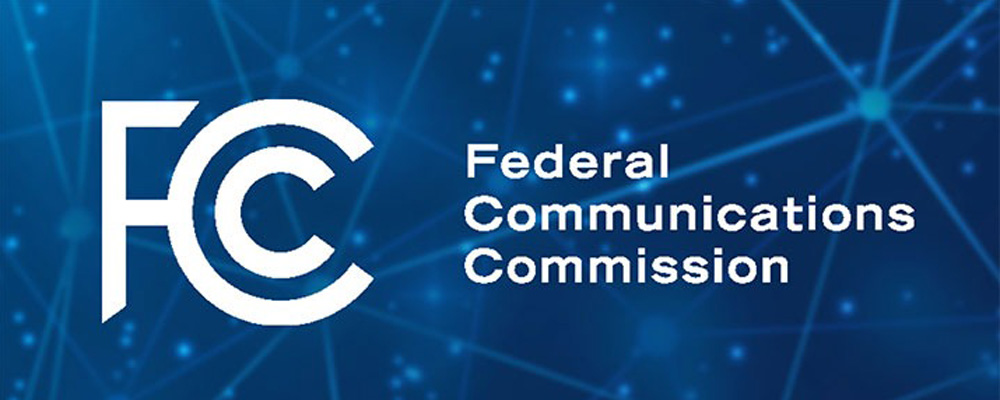
Federal regulators on Friday announced a new plan designed to advance the interests of independent video programmers that have complained for years about restrictive contract terms demanded by pay TV distributors. FCC Chairwoman Jessica Rosenworcel said she launched the rulemaking in response to independent programmers that “continue to express concern about the challenges they have getting their programming on the channel lineup of cable and satellite television.”
The National Association of Broadcasters has released new broadcast station self-inspection guides for FM and television stations. These two guides assist broadcasters in conducting a self-inspection of their stations. Guides […]

Following the design of FDA food labels, these broadband labels will provide easy-to-understand, accurate information about the cost and performance of high-speed internet service to help consumers avoid junk fees, price hikes and other unexpected costs. Internet service providers selling home access or mobile broadband plans will be required to have a label for each plan beginning April 10.

Major TV station owners are seeking new federal rules that they say will bridge the gap between old video providers and new online services streamed on phones, tablets and connected TVs. Pushing for the new rules are the independent network affiliates of the ABC, CBS, NBC and Fox networks, a group that consists of about 600 TV stations that want the FCC to put at the top of its agenda the equal-treatment policies that have been stalled for about a decade.
Much like nutritional labels on food products, “broadband labels” for internet packages will soon tell you just what is going into the pricing of your service, thanks to new rules adopted by the FCC.
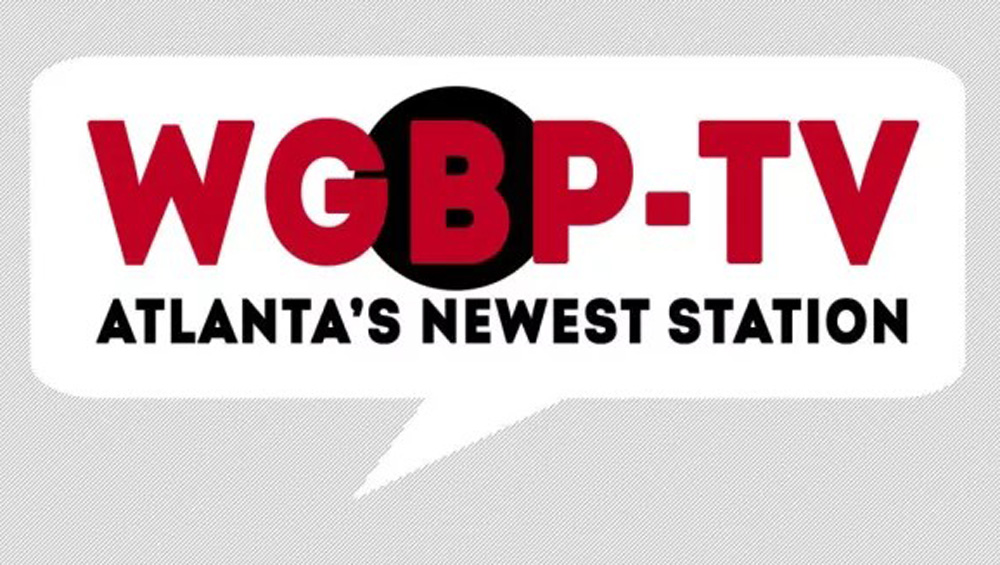
The FCC on Thursday handed WGBP Opelika, Ala., a victory in its attempt to maximize distribution by satellite TV provider Dish Network, which had claimed the station was trying to game the rules in a way that might encourage other stations to copy. Acting on the station’s must-carry complaint filed last December, the commission’s Media Bureau agreed with WGBP that it was legally entitled to far broader carriage than Dish was willing to grant.
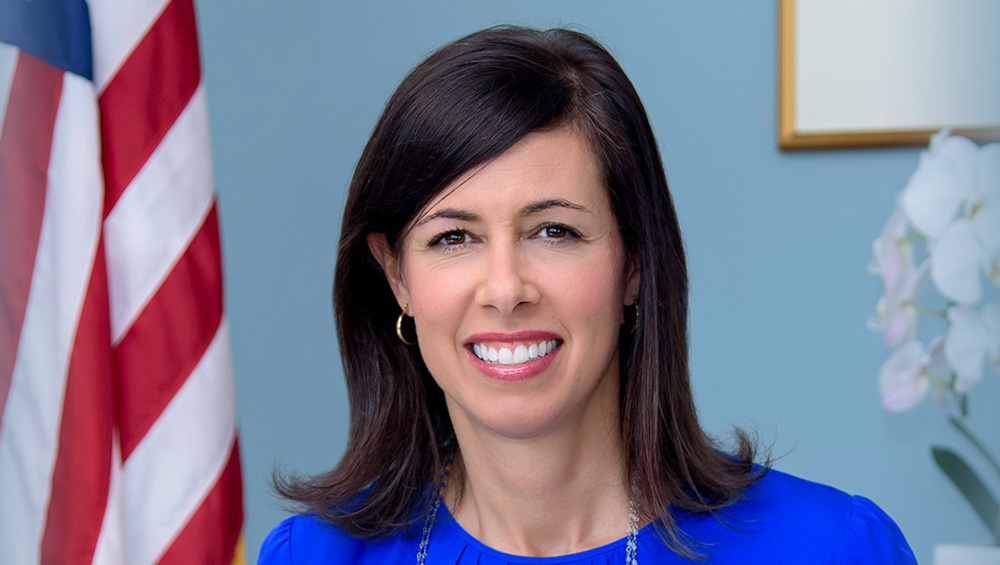
The FCC will vote on whether to restore net neutrality during its open meeting April 25, which it said would bring back a national standard for broadband reliability, security and consumer protection. The proposal, from chair Jessica Rosenworcel, would ensure that broadband services are treated as an essential resource deserving of FCC oversight under Title II authority. Three commissioners (a majority) have already indicated their support for the measure.
FCC’s Heavy Hand With Nexstar And WPIX Is Misguided, Out-Of-Date

FCC Chair Jessica Rosenworcel is in a position to do much good for TV journalism, but she chooses to do harm. On March 21, the agency fined Nexstar $1.2 million […]
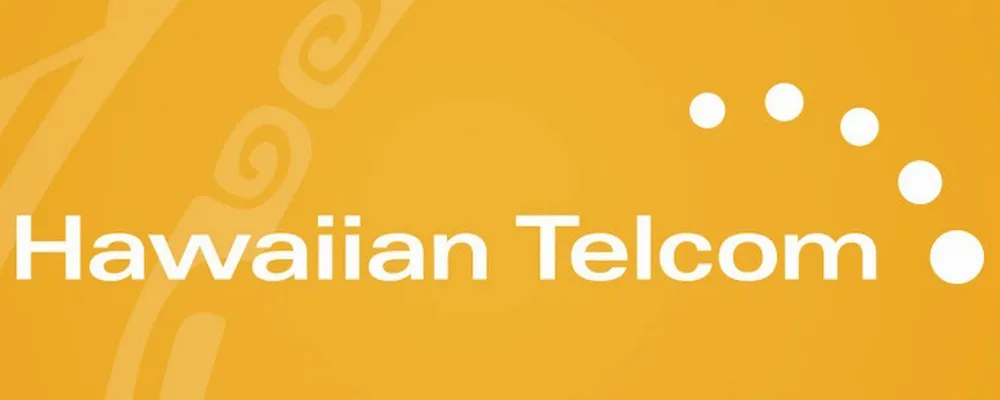
TV stations should not be permitted under federal rules to put off until the final moments their decision to enter serious carriage negotiations with pay-TV providers, according to cable TV operator Hawaiian Telcom. Hawaiian Telcom made that point in a filing with the FCC last Friday over its ongoing regulatory dispute with Nexstar Media Group about a three-week blackout last July that impacted 34,000 of its subscribers.
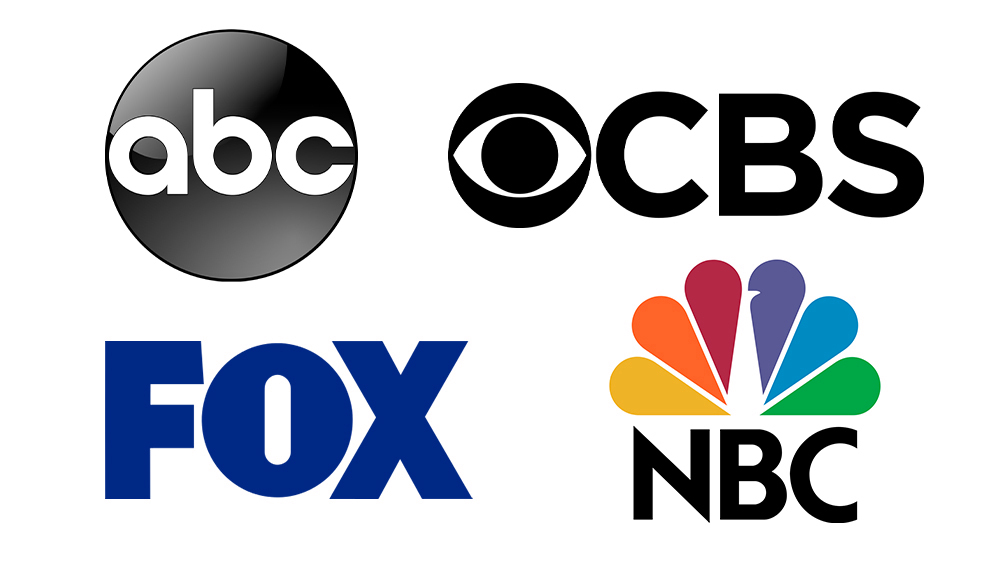
The Big Four affiliates want federal regulators to drop plans of keeping a record of signal blackouts that result from contract disputes between TV stations and cable and satellite TV providers. Lawyers for some 600 stations affiliated with ABC, CBS, NBC and Fox networks delivered that message to the FCC this week along with a fresh request that online linear video providers like YouTube TV should be classified as the legal equivalent of cable and satellite TV operators and brought within the carriage distribution system known as retransmission consent.

Collecting data when retransmission consent disputes lead to signal blackouts on cable and satellite TV systems is only a half measure, according to the National Association of Broadcasters. The lead trade group for TV station owners told the FCC that it preferred a data collection system that not only included blackouts but also the number of times carriage deals were reached without controversy.

The FCC has released its first EEO audit notice for 2024. Those stations, and the station employment units (commonly owned or controlled stations serving the same area sharing at least one employee) with which they are associated, must provide to the FCC their last two years of EEO Annual Public File reports, as well as backing data to show that the station in fact did everything that was required under the FCC rules.
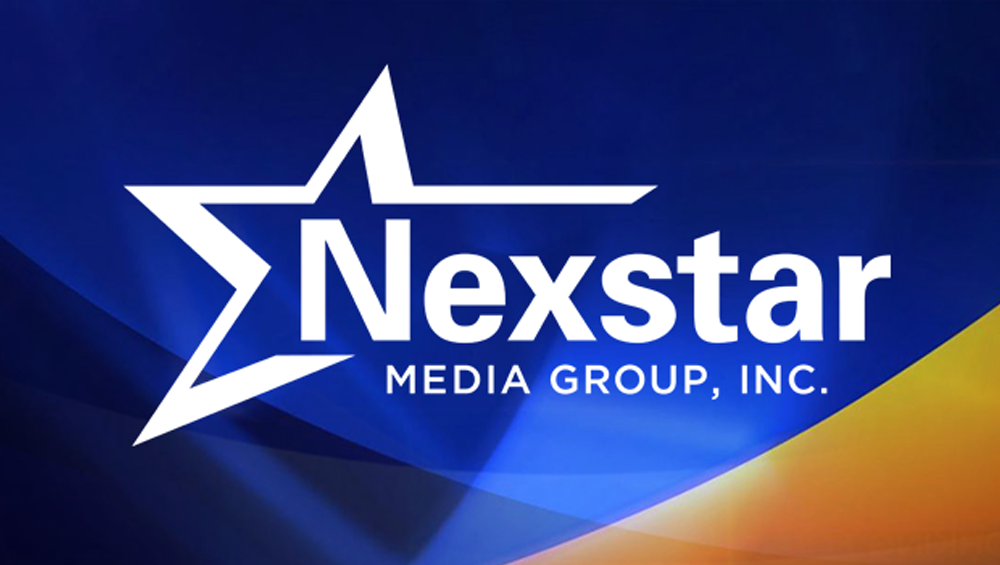
Requiring TV stations to reach carriage deals with cable operators to avoid signal blackouts is barred by long-standing federal law and regulations, according to Nexstar Media Group in a filing today with the FCC. Nexstar is trying to fend off a Hawaiian Telcom complaint over a carriage dispute last July that led to a three-week signal blackout. Hawaiian Telcom insisted in an FCC complaint that Nexstar violated agency retransmission consent rules by going dark instead of extending their negotiations a few extra days.

David Oxenford: To conclude that it is deregulation, not marketplace forces, that is decreasing localism is to ignore the media marketplace generally.
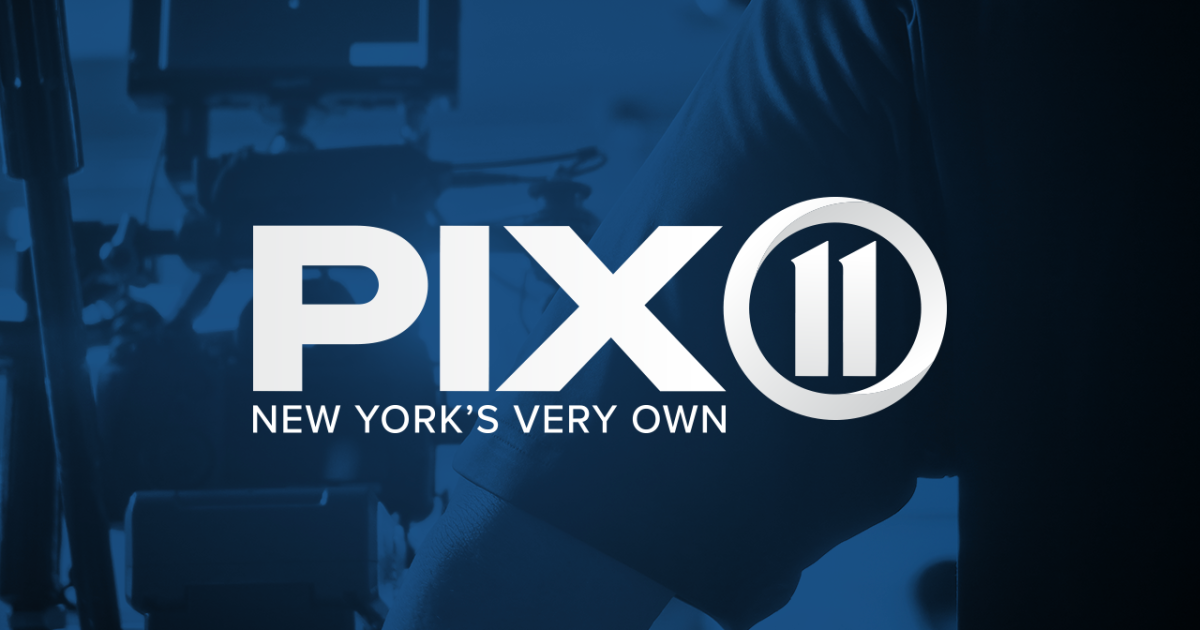
The FCC has hit Nexstar Media Group and its business partner Mission Broadcasting with a $1.2 million fine and an order to sell WPIX New York or other stations to come into compliance with longstanding station ownership limits. The commission on Thursday issued a 42-page decision in its probe of Nexstar’s ties to Mission Broadcasting and whether their business agreement violated the FCC’s reach limit on TV station ownership.

DirecTV, on a Sunday of all things, decided to announce its “No Locals” plan that allows satellite subscribers to drop local TV stations and save $12 monthly or $140 annually. Dish and DirecTV have must-carry and retransmission consent obligations like cable. But satellite TV providers are not required to make their subscribers buy local TV stations before buying the tier with all the cable channels. Could cable adopt Dish’s Flex Pack or DirecTV’s No Locals approach? Since it involves regulation, it’s complicated.

A majority of the FCC on Thursday voted to redefine broadband as speeds of at least 100 megabits per second for downloads — a fourfold increase from the current standard of 25 Mbps, which was set nine years ago. The new benchmark for upload speeds is 20 Mbps — nearly seven times faster than the current 3 Mbps standard. The FCC also set a long-term goal of 1 Gbps for downloads and 500 Mbps for uploads.

Cable and satellite-TV providers will need to make sure bills and ads clearly display a total price for video subscribers, including extra fees that can amount to hundreds of dollars a year, under a rule adopted Thursday by the FCC. “No one likes surprises on their bill,” Democratic FCC Chairwoman Jessica Rosenworcel said. “The advertised price for a service should be the price you pay when your bill arrives. It shouldn’t include a bunch of unexpected junk fees.”

The fiscal 2024 budget request asks for $448,075,000 in budget authority from regulatory fee offsetting collections.

Federal regulators need to do more in support of local TV stations that are facing increased pressure for viewers and advertising from unregulated video streaming providers and big technology companies, Sinclair argued in a filing with the FCC in support of Chair Jessica Rosenworcel’s proposal to expedite license renewals for TV and radio stations that provide locally originated programming.
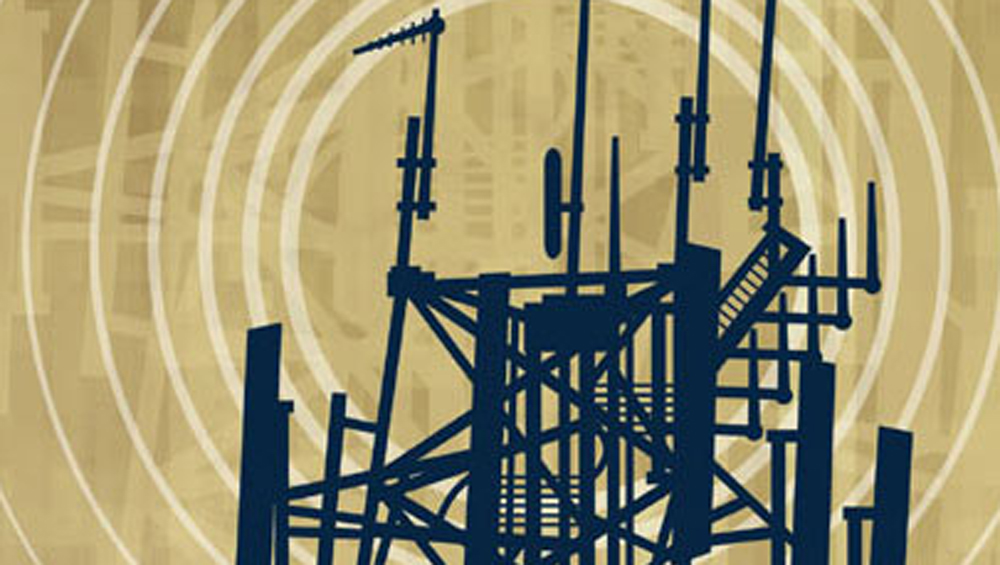
The FCC has introduced a docket inviting input on how to release unassigned spectrum licenses from its inventory in light of the ongoing lapse of the commission’s auction authority. This development coincides with the one-year mark – on March 9, 2023 – of Congress neglecting to extend the FCC’s auction authority. As a result, the agency’s authority lapsed for the first time.
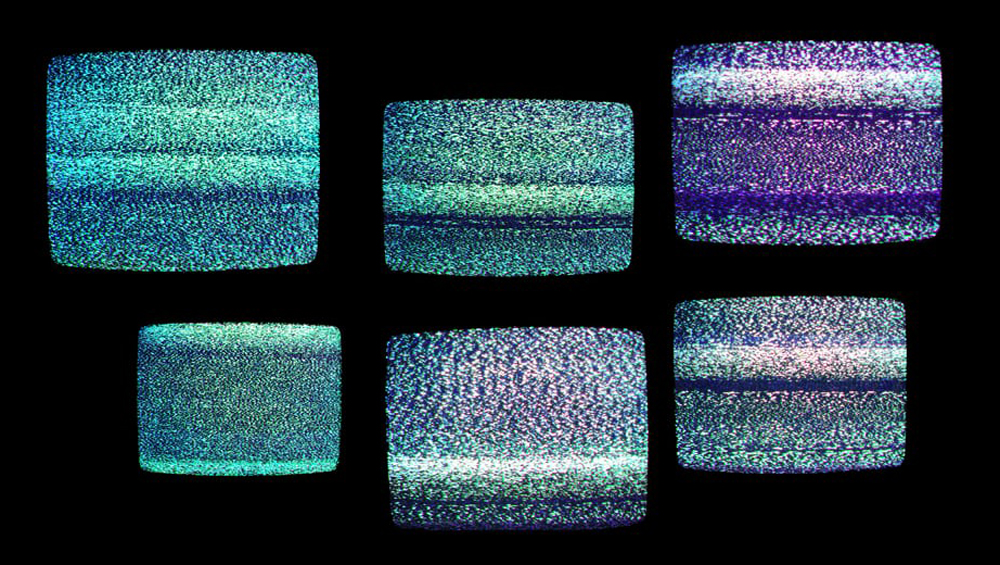
Federal regulators want pay-TV consumers to receive rebates when channels go dark as a result of contract disputes between pay-TV operators and their content vendors, including TV stations and cable networks. But the proposal advanced last October by FCC Chair Jessica Rosenworcel is receiving firm resistance from cable and satellite TV operators. For one thing, while Rosenworcel’s plan would impose rebate obligations on cable and satellite, it would exempt TV stations. And that’s fine with the National Association of Broadcasters, which argued in a March 8 FCC filing that pay-TV operators are causing signal blackouts to happen in an effort to demonstrate to Washington regulators that carriage rules – called retransmission consent – are broken.
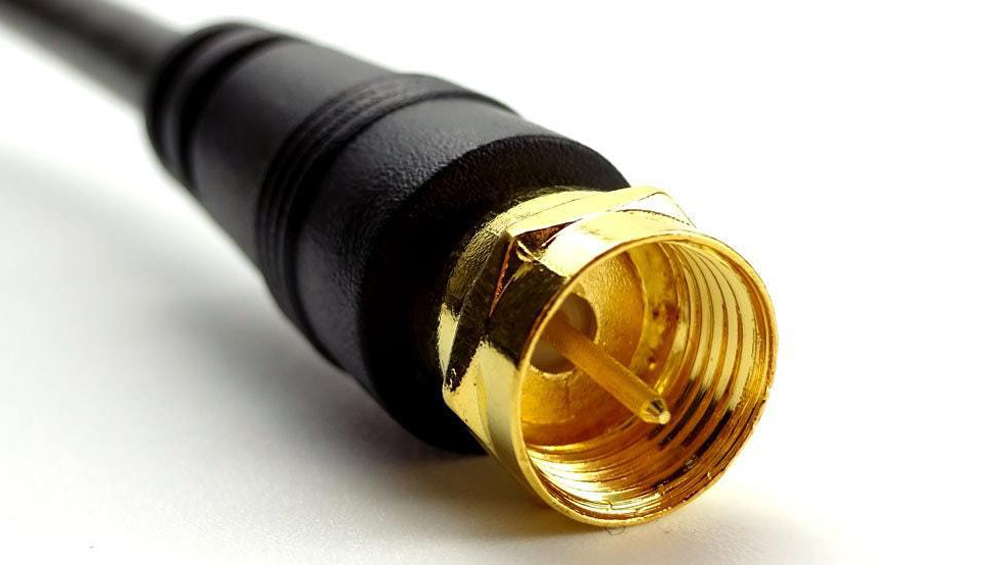
The FCC will decide on a set of proposed rules that, if passed, will require satellite and cable TV providers to clarify “all-in” prices clearly so consumers can make informed decisions when signing up for services. This Thursday, March 14, the FCC will vote on “all-in” pricing for cable TV companies.
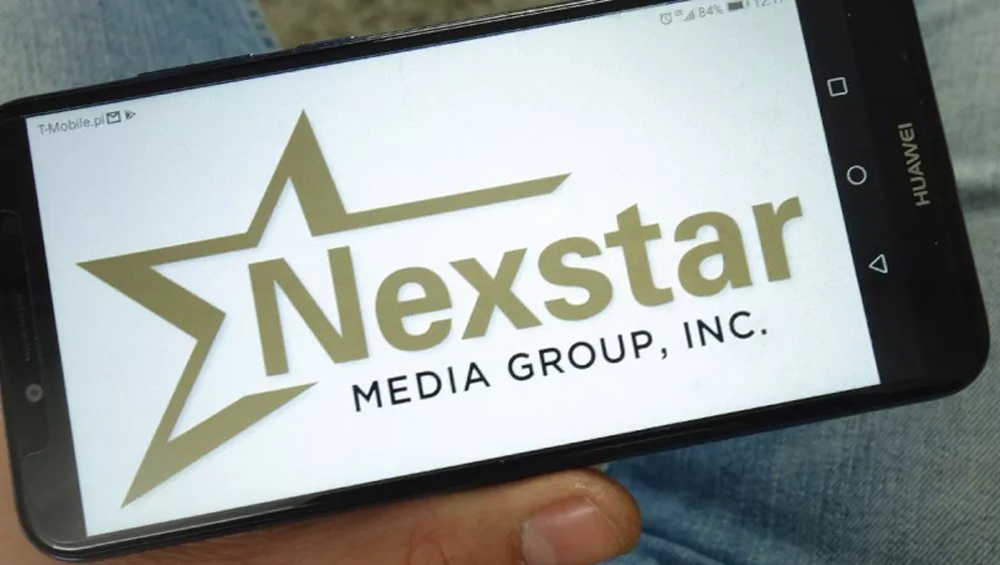
Nexstar Media Group is pushing back against federal regulators’ decision to fine the broadcaster $720,000 for violating good-faith bargaining rules while negotiating a new carriage deal last year with a cable TV company in Hawaii. In a filing Friday, Nexstar said the FCC’sMedia Bureau zeroed in on a single, ordinary contract proposal and inflated its significance to an unnecessary degree in order to arrive at a fine amount that the broadcaster described as “astounding” and beyond the bureau’s authority to impose.

Last month, the FCC fined Nexstar $720,000 for violating retransmission consent rules in some respects, but the agency’s Media Bureau did not agree with Hawaiian Telecom that Nexstar through its bargaining approach crossed the line leading up to the multi-signal blackout that lasted nearly three weeks in July, 2023. Hawaiian Telcom disagrees. “Simply put, Nexstar used the looming blackout deadline as a cudgel in an attempt to force Hawaiian Telcom’s capitulation to whatever Nexstar’s last proposal was before time ran out,” it said in an FCC filing Friday.

Pennsylvania Democrats are rallying in support of Fox Corp. in its battle to retain ownership of its WTXF Philadelphia. On March 5, 16 members of the Pennsylvania House of Representatives – all Democrats – sent a letter imploring the FCC to renew Fox 29’s license. The letter did not mention the license revocation controversy over Fox News Channel’s coverage of the 2020 presidential election won by Joe Biden.

The FCC confirmed it was the subject of a phishing operation that deployed a fake login page used by staff to authenticate their credentials. The cloned site, known as a phishing kit, was constructed by hackers who duplicated a legitimate login webpage from identity management vendor Okta, aiming to deceive users into entering in their private account information. It was discovered by cloud security firm Lookout, who announced the findings.
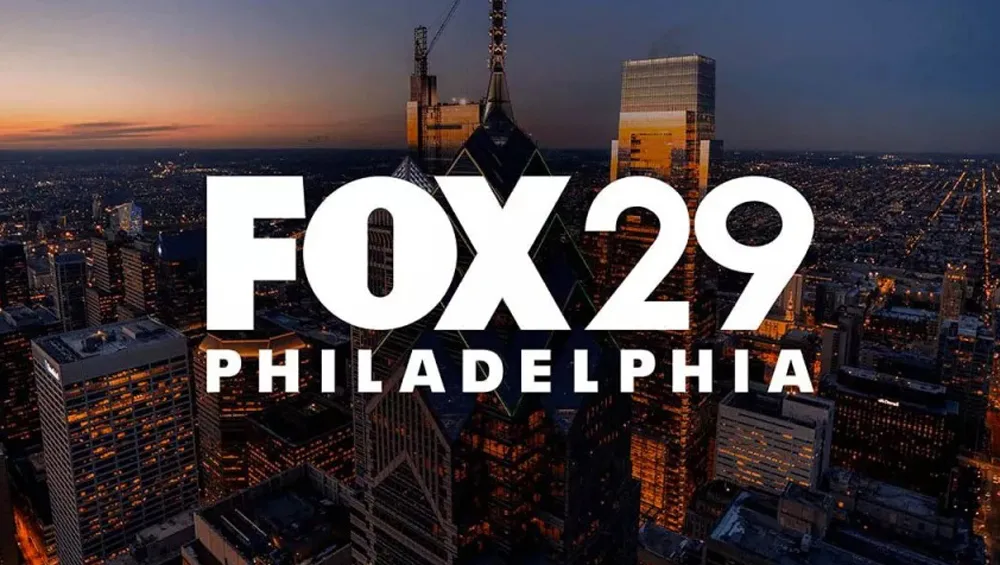
Federal regulators continue to face outside pressure to take steps to revoke Fox Corp.’s TV station license in Philadelphia in connection with 2020 presidential election coverage aired on Fox News Channel. The Media and Democracy Project (MAD) – which is demanding that the FCC revoke the operating license of WTXF – filed a comment with the agency on March 1 urging it to “act swifty” to begin a public hearing as a first step toward ultimate revocation. MAD’s comment did not appear on the FCC’s website until March 4.

The largest TV station group in the U.S. is suing in an effort to alter current federal rules that limit its ability to grow in local markets. Nexstar Media Group filed the action in the U.S. Court of Appeals for the Fifth Circuit, faulting the FCC for freezing or tightening TV station ownership rules in disregard of controlling law that points to deregulation as competition to broadcasting takes hold. “The [FCC’s] order exceeds the [FCC’s] statutory authority because it tightens media ownership rules in spite of the statute’s clear deregulatory purpose and the lack of basis for such tightening,” Nexstar said in its Feb. 23 petition for review.

A federal rule that would require cable and satellite TV providers to report blackouts involving TV stations would violate the law, potentially incentivize blackouts, and ought to be abandoned, according the National Association of Broadcasters. NAB, the trade association for major TV station groups like Nexstar Media Group and Sinclair Inc., was reacting to a proposal from FCC Chair Jessica Rosenworcel, who wants to collect reports on TV station blackouts that last longer than 24 hours and that the agency would archive in a database available to the public.

Cable-affiliated internet service providers (ISPs) are challenging new federal digital discrimination rules in federal court in Washington, the second major legal case to target the rules. The suit was filed Friday in the U.S. Court of Appeals for the District of Columbia Circuit by NCTA – The Internet & Television Association and ACA Connects, which combined represent hundreds of broadband ISPs, the vast majority of them small.
FCC Bans AI-Generated Voices In Robocalls

Effective immediately, the regulation empowers the FCC to fine companies that use AI voices in their calls or block the service providers that carry them. It also opens the door for call recipients to file lawsuits and gives state attorneys general a new mechanism to crack down on violators, according to the FCC.

Nexstar Media Group has been fined $720,000 — double the normal amount — for violating FCC rules while negotiating a new carriage deal last year with a cable company in Hawaii. The FCC’s Media Bureau, in an order issued today, said Nexstar violated agency rules by demanding that Honolulu-based Hawaiian Telcom agree not to file an FCC complaint against the broadcaster as a condition of reaching a new carriage deal. Hawaiian Telcom filed a complaint anyway.
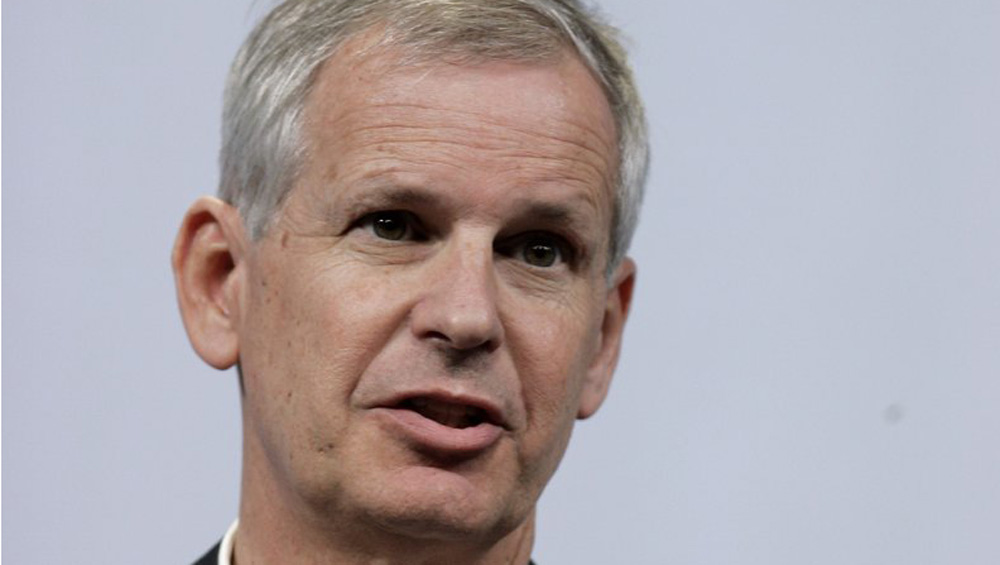
Dish Network Chairman Charlie Ergen late last week made the rounds at the FCC. In a Feb. 2 meeting with FCC Chair Jessica Rosenworcel, Ergen criticized one of her key pay TV initiatives: Making cable and satellite TV operators provide consumers rebates as compensation for lost programming during contract disputes.

The National Association of Broadcasters sees a link between exit fees required of pay-TV customers and carriage disputes that pit TV stations against cable and satellite TV operators. NAB, in comments filed Monday with the FCC, asserted that cable and satellite TV providers rely on the fees to benefit from losing TV stations as a result of failed contract or retransmission consent negotiations.
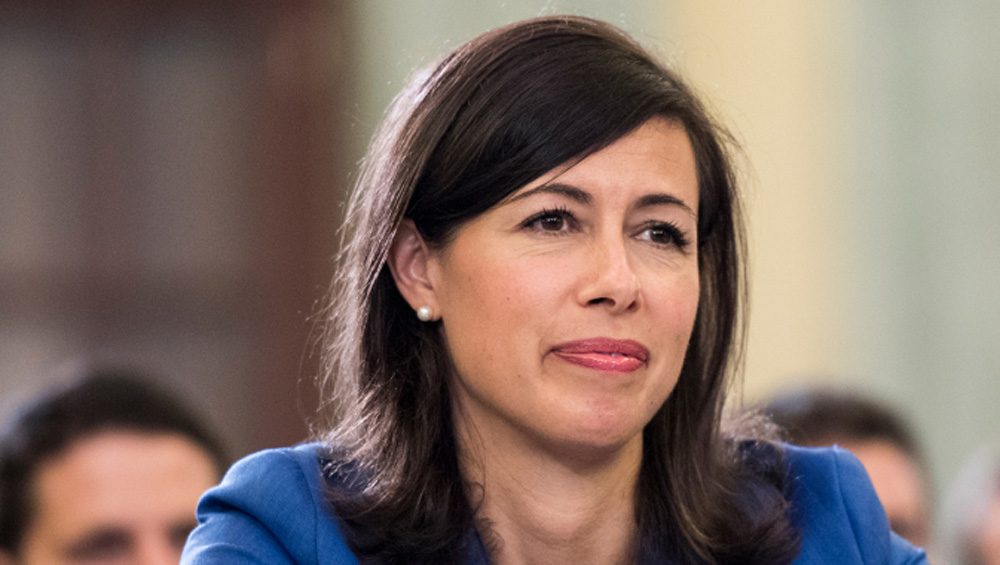
No. 1 satellite TV provider DirecTV is raising compliance concerns with new billing protocols proposed last year by FCC chair Jessica Rosenworcel. She wants cable and satellite TV providers to adhere to an “all-in” billing format, which means one price for video programming to be displayed as a prominent single line item on bills and in promotional materials. DirecTV spent time with FCC officials recently to underscore the company’s difficulties in meeting the FCC’s requirements while complying with similar but not identical rules across multiple jurisdictions.



